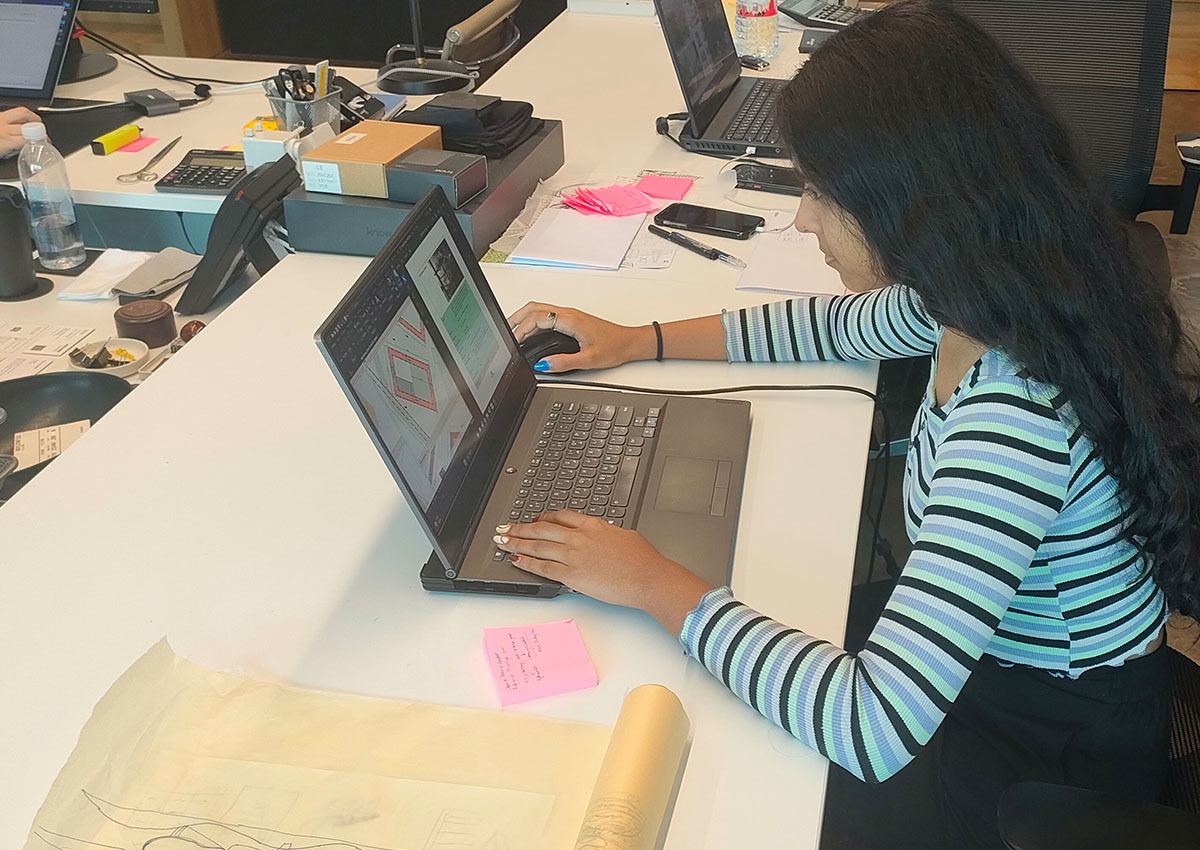28 July 2023
Kourosh Salehi Unveils the Future of Urban Design in Captivating Podcast Episode
Kourosh Salehi has lent his voice to a captivating podcast episode. As a leading architect, urbanist, and educator, Kourosh is a firm believer in the power of design that transcends boundaries, respecting and enhancing the city context. In episode 62, he dives into user-centric design, skyline architecture, the urban fabric of Dubai, and much more.
Discussing urban transformation in Dubai, he highlighted several ambitious projects they he has worked on. The Hanging Garden Bridge, Sheikh Zayed Road Promenade, Sunset Promenade, Deira Plaza, Skypods, and Umm Suqeim bridge are all part of a grand vision to make Dubai more human-centric. During the episode he stressed on rethinking city well-being, improving connectivity, and transforming the superhighway culture to a pedestrian-friendly one.
On designing for a ‘skyline,’ he pondered on the importance of creating spaces that not only define a city’s profile but also cater to its inhabitants. He emphasized the need for designs that strike a balance between aesthetic appeal and functional usage.
Artificial Intelligence (AI) has significantly influenced LWK’s design process, client communication, and project delivery. By enabling more precise designs and efficient workflows, AI has streamlined operations, paving the way for innovative and sustainable architectural solutions.
While developing the Architecture Design Guidelines, the team’s top three considerations were respecting local cultural heritage, creating a sustainable and livable urban environment, and incorporating contemporary design that would stand the test of time.
Kourosh shed light on elevating the pedestrian experience within the existing urban fabric. He encouraged architects and urbanists to think of ways to make public spaces more accessible, connected, and engaging. Green spaces and open areas, he argued, are key to enhancing the human experience in any cityscape.
Special thanks to the team at AFORM for the lovely conversation.



